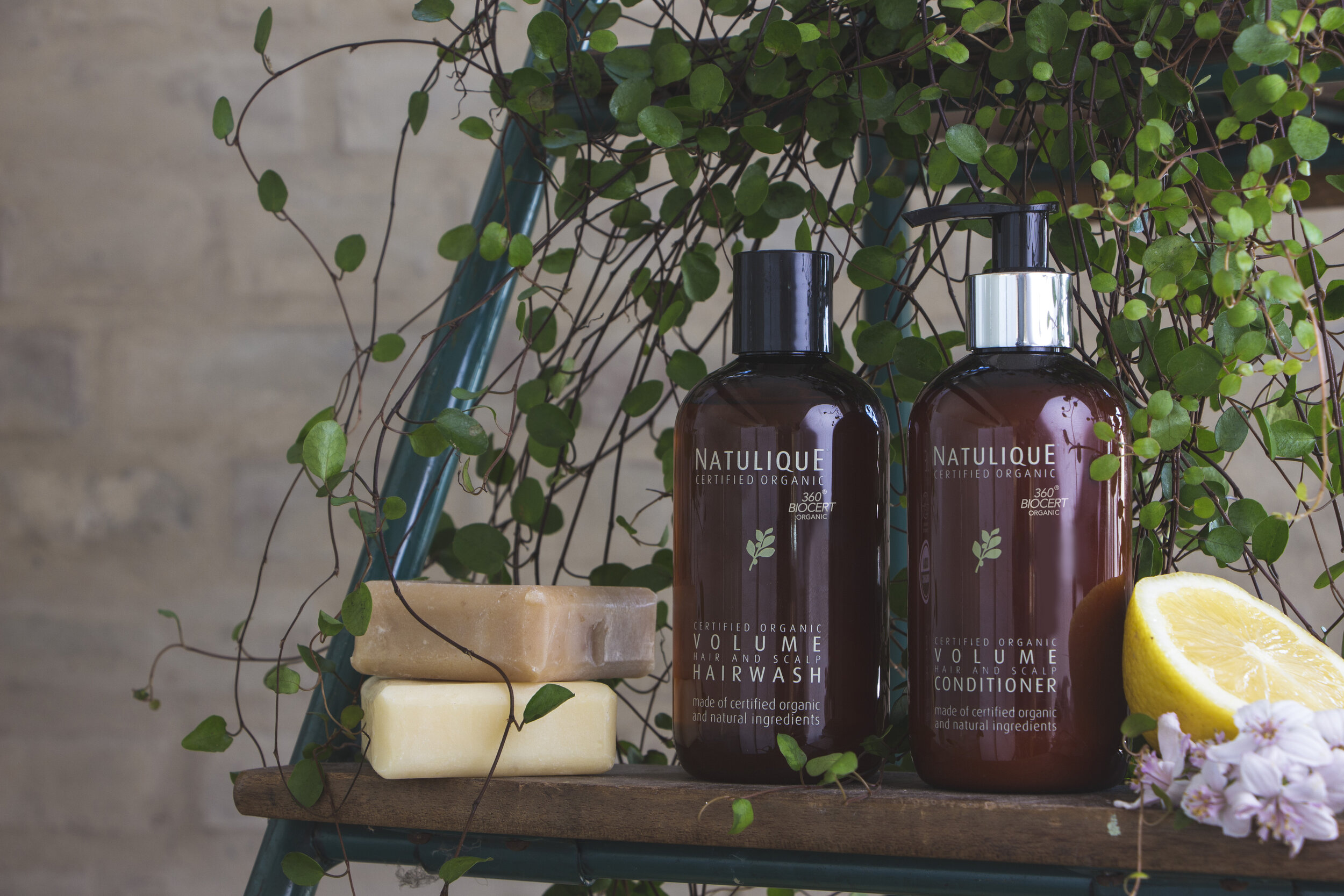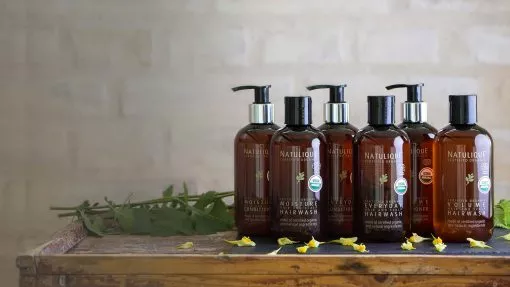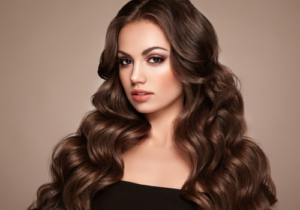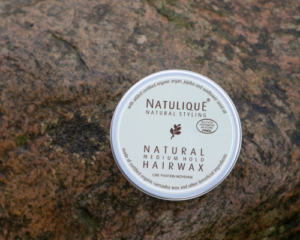Introduction to the importance of choosing the right shampoo
Understanding the real purpose of shampoo
Choosing the right shampoo is essential to maintaining the health and beauty of your hair. The main purpose of a shampoo is to cleanse the scalp and hair by removing impurities, excess sebum and styling product residues. However, not all shampoos are created equal, and some can be too aggressive, leading to damage to the hair and scalp.
In a world where appearance counts, having shiny, well-groomed hair is an asset. However, all too often, consumers are misinformed about the true functions of a shampoo. This lack of knowledge can lead them to choose unsuitable products, sometimes too aggressive, which over time can damage the condition of their hair.
Types of shampoo on the market
The shampoo market is vast and diverse, with a range to suit different hair types and needs. You'll find :
- Moisturizing shampoos For dry hair, they provide extra moisture to prevent breakage and split ends.
- Fortifying shampoos designed to strengthen fragile or brittle hair, often enriched with proteins.
- Anti-dandruff shampoos with active ingredients to combat dandruff and soothe itching.
- Clarifying shampoos Designed for thorough cleaning, they can be very aggressive if used too frequently.
- Shampoos for sensitive scalps formulated to minimize irritation and soothe inflammation.
Choosing the right type of shampoo is a key step in avoiding overly aggressive products. By knowing your hair's specific needs, you can opt for shampoos that meet those needs without causing damage.
The harmful effects of aggressive shampoos
Signs of overly aggressive shampoos
An overly aggressive shampoo can quickly show its harmful effects on hair health and scalp feel. The signs of unsuitable shampoo are varied:
- Excessive dryness Hair becomes dull, brittle and breaks easily.
- Itchy scalp often caused by irritants in the composition of the shampoo.
- Appearance of dandruff in response to dryness and irritation.
- Increased hair loss an alarming sign that should not be ignored.
Long-term effects on sensitive scalps
Prolonged use of aggressive shampoos can have harmful long-term effects, especially for people with sensitive scalps. These effects may include:
- Weakening of the scalp by removing the natural oils necessary for its protection.
- Allergic reactions which can cause skin rashes or severe irritation.
- Degradation of the skin barrier making the scalp more vulnerable to external aggressions.
- Hair growth problems Hair follicles may be affected, slowing growth.
It's imperative to pay attention to the signs mentioned above to act in time and prevent damage from becoming permanent. Choosing the right shampoo for your hair's needs is essential to maintaining its health.
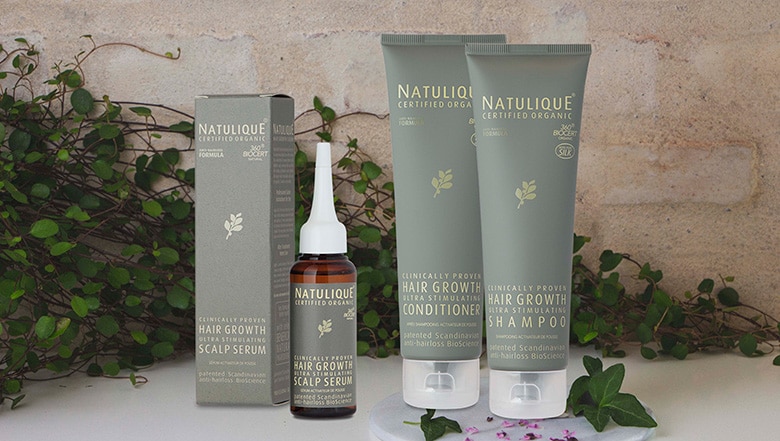
Ingredients to avoid in shampoos
Sulfate derivatives and their impact on hair health
Sulfate derivatives, such as sodium lauryl sulfate (SLS) and sodium laureth sulfate (SLES), are often used for their foaming and cleansing properties. However, these ingredients can be too aggressive for the scalp and hair, leading to undesirable effects:
- Drought Sulfates remove natural oils, drying out hair and scalp.
- Irritation They can cause itching and redness, especially in people with sensitive skin.
- Hair breakage Prolonged use can weaken hair, leading to breakage.
Silicones and their long-term consequences
Silicones are present in many hair care products to add shine and softness. However, they can weigh hair down and have negative effects if used excessively:
- Accumulation They create an impermeable layer around the hair, preventing moisturizers from penetrating.
- Dull appearance Over the long term, build-up can rob hair of its natural shine.
- Difficult rinsing Some silicones are difficult to remove without aggressive cleaners.
Parabens and related health problems
Parabens are preservatives used to prolong the life of beauty products. They are also controversial because of their potential health effects:
- Hormonal imitation Parabens can mimic estrogen, potentially disrupting hormonal balance.
- Potential allergens They may cause allergic skin reactions in sensitive individuals.
- Possible links with diseases Studies have suggested a potential link between parabens and certain diseases, although the evidence is still under investigation.
Synthetic fragrances and artificial colorants
Synthetic fragrances and artificial colorants are ubiquitous in many shampoos to enhance the products' visual and olfactory appeal. However, these elements can present risks:
- Allergic reactions Perfumes and dyes can often trigger skin allergies.
- Increased sensitivity For people with sensitive scalps, these additives can increase irritation and itching.
- Environmental effects Synthetic components can be harmful to the ecosystem when they end up in water.
To maintain the health of your hair and scalp, it's essential to read hair product labels carefully. By avoiding harsh ingredients such as sulfates, silicones, parabens, fragrances and artificial colorants, you can preserve the integrity of your hair while avoiding long-term adverse effects. Opting for shampoos with natural, gentle ingredients is a wise alternative for those seeking to avoid potentially harmful chemicals.
See also: Can wax and styling gel be mixed?
How to choose a non-aggressive shampoo
The importance of reading labels
To choose the right non-aggressive shampoo, the first crucial step is to learn how to read and decipher hair product labels. Often, undesirable ingredients hide behind technical or complex names. It's important to look for formulations free of sulfates, parabens and silicones, which are known for their potentially harmful effects.
- Look for natural ingredients Choose ingredients like aloe vera, argan oil and shea butter, which moisturize and nourish without damaging the skin.
- Avoid chemical compounds Beware of chemical compounds such as formaldehyde and phthalates, which can be harmful in the long term.
- Check labels : Choose certified organic products or those bearing trusted labels attesting to the quality of their ingredients.
Recommendations for gentler shampoos
For those wishing to adopt a gentler hair routine, several options on the market offer less aggressive alternatives to traditional shampoos:
- Sulfate-free shampoos These products cleanse hair without stripping it of its natural oils, ideal for dry or color-treated hair.
- Shampoos enriched with essential oils These products provide additional benefits thanks to their soothing and restorative properties.
- Hypoallergenic products Designed to minimize the risk of allergic reactions, these shampoos are ideal for sensitive scalps.
How to turn to natural alternatives
Opting for natural alternatives can offer a healthy solution for your hair while reducing exposure to chemicals. Knowing the benefits of natural ingredients can transform your hair routine. Homemade recipes featuring simple, natural ingredients are easy to make:
- Cider vinegar-based shampoos This product is excellent for restoring hair's natural pH and bringing shine.
- Ayurvedic powders Shikakai, reetha and amla are traditionally used to cleanse and strengthen hair.
- Oil-based hair masks Coconut, jojoba or castor oil can be used for moisturizing and repairing.
When is it necessary to consult a specialist when choosing a shampoo?
Sometimes, it can be difficult to determine the best type of shampoo on your own. Consulting a professional - be it a dermatologist or a trichologist - can be helpful in certain situations:
- Persistent problems : If you're facing persistent hair problems such as excessive hair loss, uncontrollable dandruff, or ongoing irritation, a specialist can recommend a diagnosis and an appropriate solution.
- Special needs For those with specific hair needs, such as color-treated or chemically-treated hair, the expertise of a professional can point the way to products specifically formulated for these hair types.
- Personalized advice A professional can offer personalized advice based on your hair and scalp type, guiding you towards the products best suited to your needs.
By choosing non-aggressive shampoos and adopting an informed approach, you're taking care of the long-term health of your hair and scalp. A thoughtful hair routine can also prevent many common problems associated with the use of aggressive products. Therefore, don't hesitate to call in a professional if necessary to ensure that
How to protect your hair from aggressive products
Creating the right hair care routine
Avoiding aggressive shampoos means creating the right hair routine that gently cares for your hair and scalp. A well-thought-out routine incorporates the right products, the right washing rhythm, and extra care to nourish and protect your hair.
- Alternating products Use mild shampoos most of the time and reserve clarifying products for occasional use.
- Balanced wash rhythm Wash your hair only when necessary, to avoid stripping the scalp of its natural oils.
- Moisturizing care Incorporate moisturizing masks or oil baths into your routine to strengthen and nourish your hair naturally.
Adopt hair-friendly accessories
The accessories you use can also influence the health of your hair. It's crucial to choose tools and accessories that minimize damage and promote the integrity of your hair:
- Natural bristle brushes Gentle on the scalp, they help distribute the hair's natural oils.
- Microfiber towels They reduce friction and frizz compared with conventional cotton towels.
- Metal-free bands and elastics Can prevent breakage by reducing stress points on hair.
The role of diet in hair health
A balanced diet plays a fundamental role in the health of your hair. Proper nutrition can strengthen hair from within, making it more resistant to external aggressions:
- Proteins Hair is mainly composed of keratin, so it benefits from an adequate supply of protein.
- Vitamins and minerals Zinc, iron and B vitamins are essential for healthy hair growth.
- Omega-3 fatty acids Nourish the scalp and promote hair hydration.
FAQs
-
Is it possible to repair hair damaged by aggressive shampoos?
Yes, with the right care and by avoiding aggressive products, your hair can gradually regain its health.
-
Are all organic shampoos gentle on the hair?
It all depends on the ingredients. Even organic products can contain natural irritants, so check the label.
-
How often should I change my shampoo?
You can change shampoos according to your hair's specific needs, but it's often advisable not to do so too often to avoid irritation.
-
What's the difference between a sulfate-free shampoo and a conventional shampoo?
Sulfate-free shampoos clean without stripping hair of its natural oils, often making them gentler on scalp and hair.
-
Are hair masks an essential part of any hair routine?
Masks aren't essential, but they can provide additional benefits in terms of nutrition and deep hydration.
